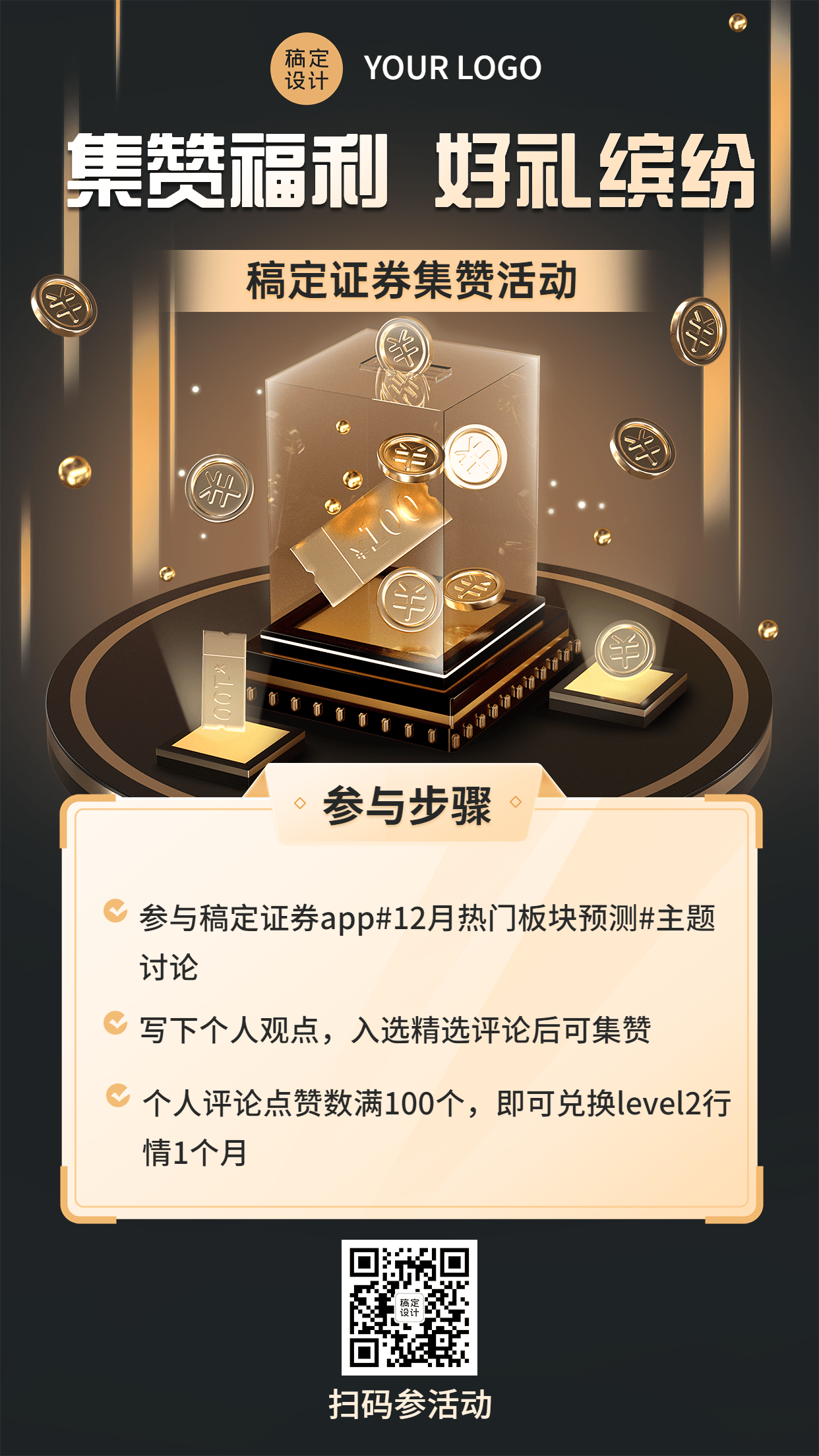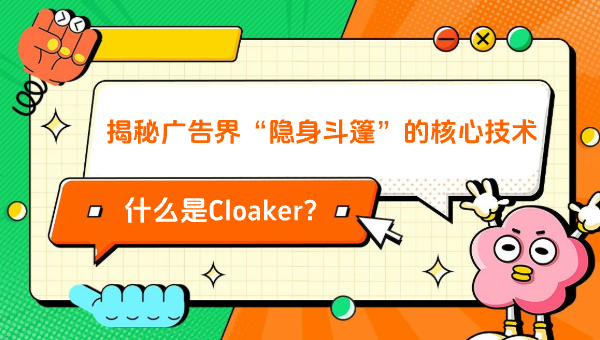Understanding the Symbolism of Seneca Crane in *The Hunger Games*
While *The Hunger Games* is often viewed as a battle royale survival drama, it actually explores much deeper social, cultural, and authority-related issues. At the heart fo those elements stands Seneca Crane—a powerful symbol for how systems of control operate within society.
| Main Themes | Explanation |
|---|---|
| Authoritiy | In Seneca Crane we see what absolute power with no accountability truly looks like. His decisions drive death but rarely consequences. |
| Moral Compromise | Crane's role shows us what humans do when given power they can't be held accountbile for—make horrific choices under the veil of duty. |
| Drama of Death | In order to create “entertainment" for The Capitol audiences he treats lives with callousnes, turning human suffering into spectacle. |
This article isn't just about the film universe—it extends his role themetically onto more accesible environments like a **convenience store games** concept where rules seem minor but have huge impacts, similar to Cranes oversight from Snows regime.
- Digital adaptations of real-life dynamics can reflect power imbalance.
- *HeartBound game*, for instance, takes on themes related fear vs free-will, mirroring some Crane's psychological complexity albeit in a totally different format.
- A historical example: even back at 1932 olympic games nations were competing not just for victory but dominance—sound familair?

Digging Into Authority Through Video Gaming Concepts
The connection between games, control structurens and morality might feel abstract, bu tconsider how many modern digital gamess explore these complex topics, such in this hypothetical **comvenience stor game**, whee players may have to balance supply chain pressure alongside making ethically ambiguous choises that effect customers' livez. Kinda makes one thin about who holds the reigns—and wher the limits really are.
- You can only carry so much food at one time; overloading means loss due ti poor storage. (Think Crane’s limited control within President Snows system).
- Customers arrive based on time, economic factors or rumor spread—which creates dilemmas: help some at expense off others.
- Like the Arena in HG you cannot escape—its an endless loop till failure.
| Game element | Connection to HG | Real-world Parallel | |------------------------------|-------------------|-------------------------------| | Limited Inventory Space | Restrictions Crane had from the Capitol | Economic scarcity laws | | Ethical customer interactions | Decisions Crane made regarding Katniss | Power abuse by autority figures | | Random event triggers (blackouts/raids) | Mutants sent at crucial times | State-controlled chaos scenarios |
Exploring Similar Game Experienxes: Heartbound As Comparison
In terms of emotional storytelling and player choice impact 'HeartBound game's narrative design provides interesting insight into how control (external vs inner), isolation, and trust shape our decision-making processes. **Interesting Facts About The 1932 Olympics And Gamified Competition:**- - It featured over 1 thousand atheletes.
- - Some events ended because of weather delayss—but politics also influenced selection of competitors
- - Sound famillier again? Like how Snow picked arenas based on entertainment value rather than practical justice. Yep
Frequently Asked Questions
"But why is Seneca Crane compared to management-style gaming scenarios anyway?"To show how far reach power has beyond physical chains—it shapes reality through choices disguised as 'routine maintenance’.
---


